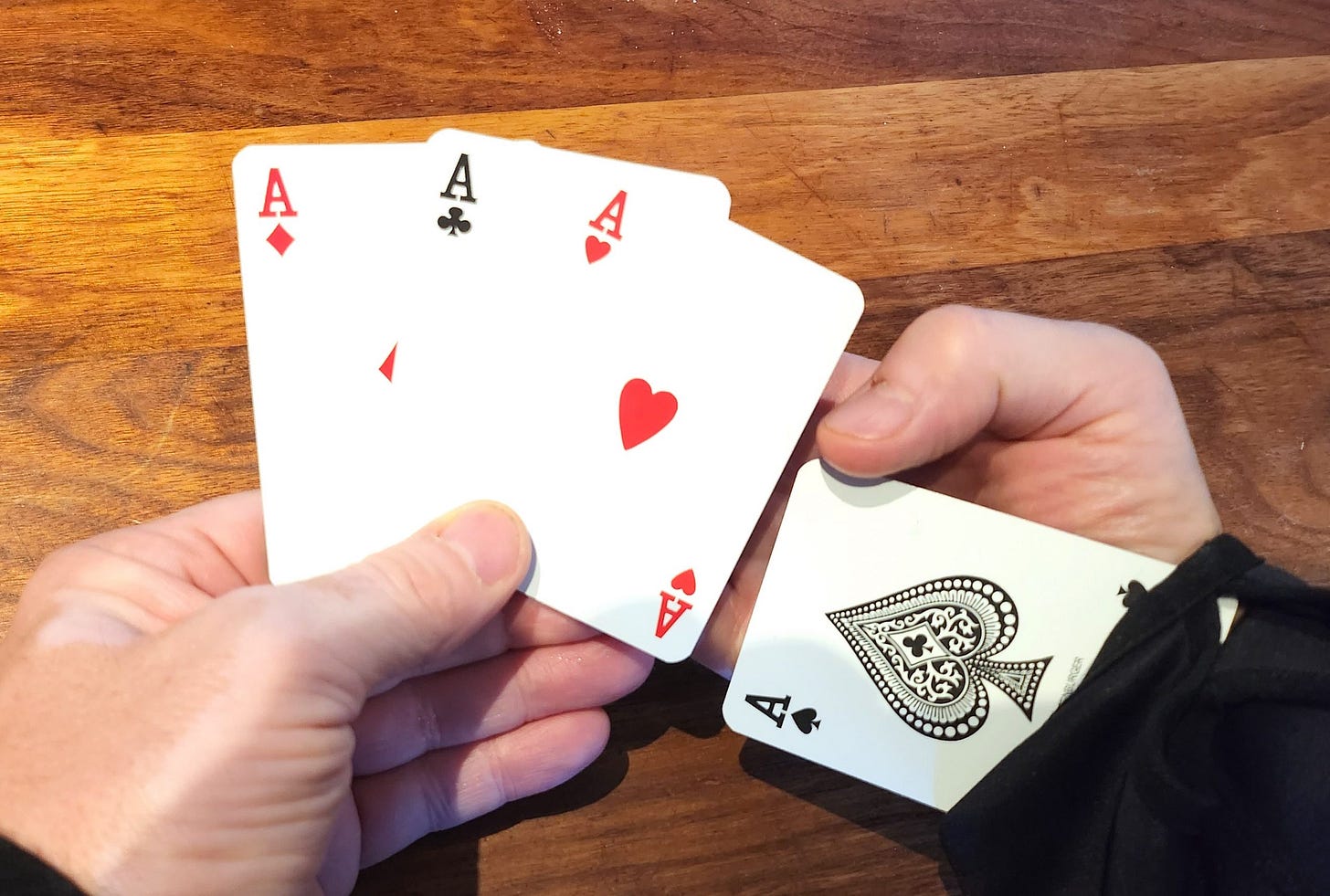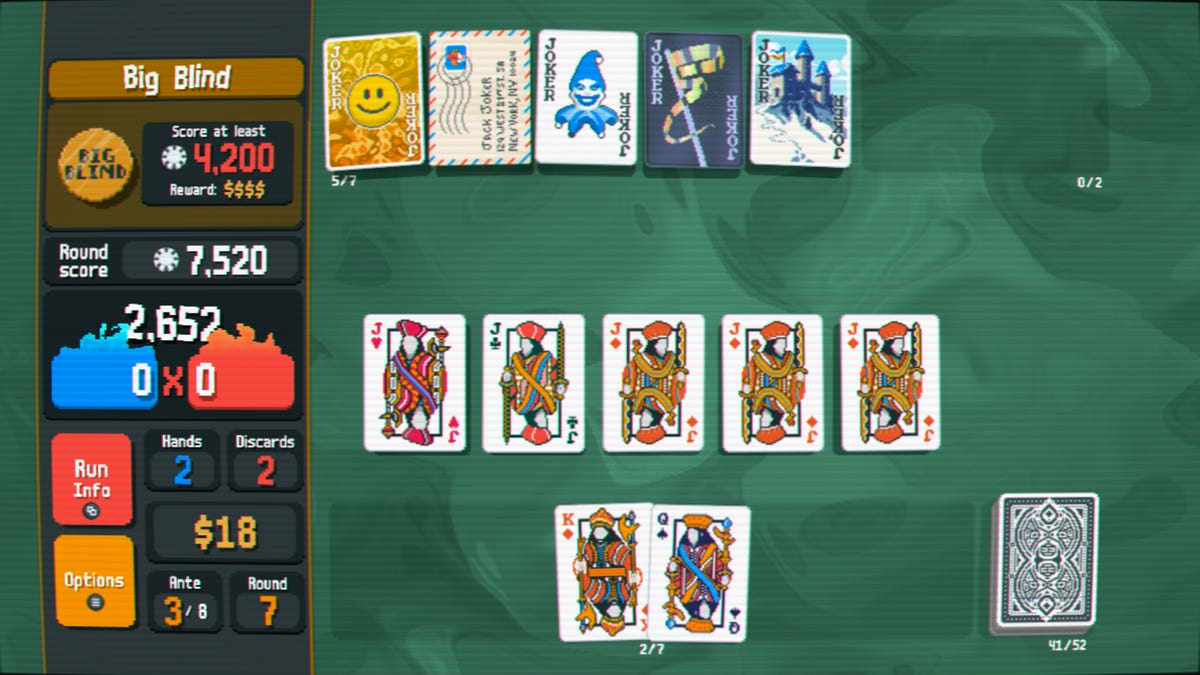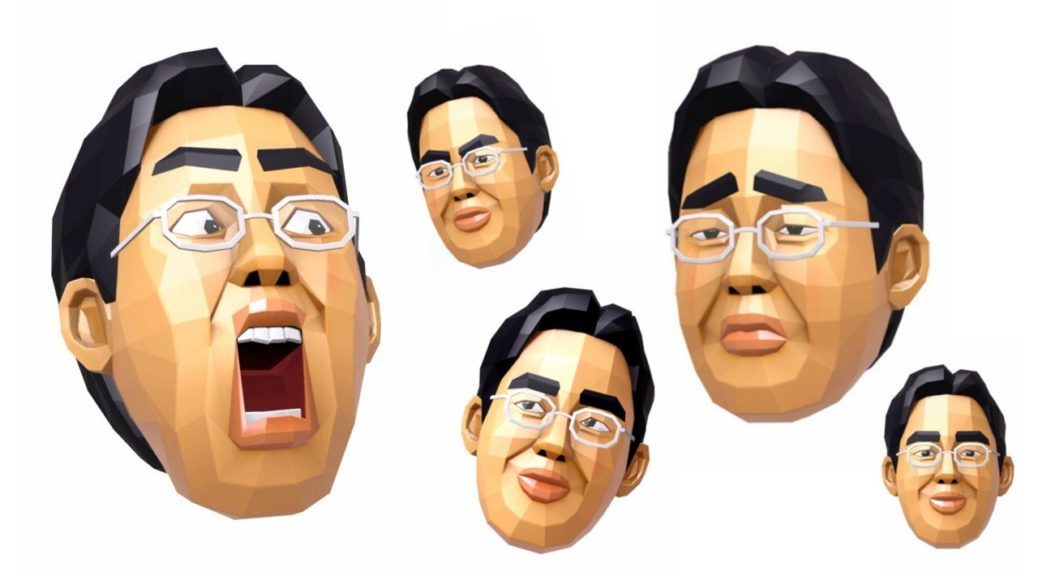Decision-Making in Games and Reality
Your brain and the games it plays

When you design games, even if it’s just part of a game like a level or a quest or a combat challenges, you’re basically teaching players how to make decisions for a specific sort of challenge. And whether you’re a designer or just someone who pays attention to other people, you’ve probably noticed that most people can be very bad at decision-making.
It doesn’t matter if you’re talking about split-second action decisions of what weapon to use in a fight, or carefully considered strategic choices of how to build out an empire in a 4X game, it can be tremendously frustrating to watch someone playing a game and repeatedly failing to make decisions that you thought you made blindingly obvious. And it can be even more frustrating to see people do the same thing with real-life decisions that seem equally obvious to you. Even people you know are clever and thoughtful can end up rushing headlong towards a bad decision that you, as an outside observer, can see practically covered in red warning lights.
So what goes into the brain’s decision-making process? And how can we train ourselves and others to make better decisions — both in games and in real life?
The Bicameral, Multiplayer Mind
The first thing to understand is that there’s more going on in your decision process than just your conscious mind thinking it out.
Some theories, like the Bicameral (“two-room”) theory put forth by psychologist and neuroscientist Julian Jaynes in 1976, argued that early humans had a distinct split between the processes of sensing the world and thinking about the world, and that the hallucinated thoughts or ideas that came from thinking about the world were interpreted instead as voices of the divine or other, similarly external beings. In his theory, self-consciousness as we know it now only developed over time, as a learned behavior to better interpret and internalize those thoughts.
There have been more modern theories built from or in response to this two-room theory, from various theories of the subconscious to the idea of parallel processes that run in the limbic system and process faster than the conscious mind.

Indeed, there are a wealth of studies that show that the conscious parts of the brain are often the last parts to get involved in decision-making — in split-second decisions, oftentimes your reflexes will kick in before you even realize it, leaving your conscious mind just to backfill a justification for your decision after the fact. And even in slow, thoughtful decisions, our own perceptions and prejudices limit what we will consider or even recognize as possible options.
In any case, decision making clearly involves more than the clear, rational thought we’d all like to believe it does.
Multiplayer Decision Making
Personally, I’ve come to recognize a “consciously logical, subconsciously emotional” split in decision making. And I would describe it like this, because I am a big game nerd:
When your brain is trying to make a decisions, it’s basically playing a complicated version of the card game War: for each decision, the player named Logical You gets a handful of cards that are options and tries to play the best one for that decision.

Logical You tries to pick the best solution that they have in their hand, but sometimes it seems like some scenario just don’t have winning cards, and some cards never seem useful, but the deck is stacked with them. The more Logical You thinks about it, the more unfair the game seems sometimes, but that’s the rules of the game they have to play.
Except there’s one big thing Logical You doesn’t get to see: there’s another player on their team, named Emotional You. Emotional You is the one that actually draws the cards from the deck of all potential solutions. But they’re less interested in winning the “War” game, than they are in deck-building — and Emotional You has very strong opinions about each and every card.
So when Emotional You gets the handful of solutions from the deck, they go through and remove the cards they hate or distrust, maybe add a favorite card they always have duplicates of, and so forth until it’s a hand of solutions they are willing to accept. Only *then* does Emotional You present the hand of solutions to Logical You as if they had simply drawn it directly from the deck. And Logical You looks at their hand of cards, sighs, and wonders why they never seem to draw a good solution for this sort of problem — surely there isn’t a good solution at all.
In short: your conscious mind picks between solutions, but your subconscious mind decides what it will even consider as a possible solution.
Where’d you get that idea?
Now, how does that Emotional You develop its preconceived notions about each card, and how can you change its mind? That’s a matter of long-term brain training, both deliberate and accidental. Many of those emotional responses get baked into you over time from biases you’ve built in the past, or learned from others.
For example, if I’ve always played shooters where melee options are always weak or non-existent, then it’s going to take a lot of time and frustration before I start to consider them a viable decision in any other shooter I’m playing, even ones where melee options are very powerful. Even without anyone deliberately telling me “melee is trash”, Emotional Me has still internalized that rule to the point where it can take a lot of deliberate thought to remember it’s even an option.
And this happens all over your life, from pretty much every media or viewpoint that you consume. Everything from the bias of the news you consume to the morals of the movies you watch can influence the biases of Emotional You. If you grew up in Cold War America, then your Emotional You is probably going to immediately reject anything it can label as “socialist”, even if it’s a legitimately good solution for a problem (like, say, public healthcare).
Much like the diet of food you eat determines the materials that go into making your body, your media diet of tales and opinions you consume determine the materials that go into making your worldview.
Brain Training
But there is a way to minimize the impact of this sort of thing on your subconscious biases. But it takes effort.

Certainly, having a balanced diet of media/worldviews is ideal. But even more important is media literacy and being thoughtful about what you’re consuming, rather than accepting them at face value. Studies show that being able to recognize common forms of propaganda can make a big difference in resisting being influenced by it. Similarly, thinking about what a movie or a show is really saying, deliberately or otherwise, keeps you from subconsciously accepting its positions as given truths.
Media analysis is the mental equivalent of chewing your food. It’s why media nerds like me go to such great lengths to think about what our favorite (or least favorite) games and stories are really saying.
Beyond that, you can also reinforce particular types of decision making the old-fashioned way: through rote repetition and practice until it’s no longer a matter of conscious thought. This is especially useful for split-second decisions, and anyone who’s battled through a punishing game like Ikaruga or Elden Ring can tell you about times when they realized they were going to have to change their standard strategy and learn new habits the hard way, or just keep dying.
And ultimately, the decision to try to change these biases from Emotional You points to a third player in the complex game of decision-making. Think of it as Changing You, the long-term player who oversees the game and tries to get both sides to work together.
That player moves in much slower turns, but it has the advantage of being aware of how to whole game is being played. And over time, it can get its team aligned behind a winning strategy. But only if it’s willing to work at it.


This is like an enjoyable stroll through a museum, art gallery, or arcade. I have observed other decision factors that are more like trying to cope in a wilderness during a flood, earthquake, or tornado. The effects of hormones, drugs, or trauma can be more intense than the term "emotions" suggests. There are also some decisions that have a cascading effect, altering the ability to make other decisions. Still, although imperfect, an analytic approach can help sometimes.